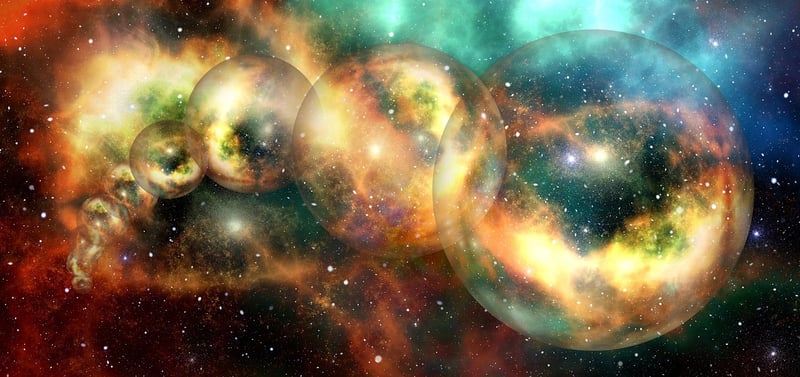Multiverse Hypothesis
The Science of Time Travel and the Multiverse Hypothesis
Time travel and the multiverse hypothesis are fascinating scientific concepts that have captured the imagination of many. While often portrayed in science fiction, these ideas have also been subjects of serious theoretical study in the scientific community.
Time Travel
Time travel refers to the concept of moving between different points in time, either forwards or backwards. According to the theory of relativity proposed by Albert Einstein, time is not constant and can be affected by gravity and speed. This forms the basis for the possibility of time travel.
There are several theoretical methods proposed for time travel, including wormholes, rotating black holes, and cosmic strings. While these concepts remain theoretical and have not been proven, they provide a framework for understanding how time travel could potentially work.
Types of Time Travel
- Forward Time Travel: Moving into the future faster than normal. This can occur through time dilation at relativistic speeds.
- Backward Time Travel: Moving into the past, which is more complex and involves overcoming significant scientific challenges.
Multiverse Hypothesis
The multiverse hypothesis suggests the existence of multiple universes, each with its own set of physical laws and constants. This idea stems from theories in quantum mechanics and cosmology, such as the Many-Worlds Interpretation and the inflationary theory of the universe.
According to the multiverse hypothesis, our universe is just one of many universes that exist in a vast multiverse. Each universe may have different properties, leading to variations in the laws of physics and the fundamental constants of nature.
Types of Multiverses
- Parallel Universes: Universes that exist alongside our own, possibly with different outcomes and histories.
- Membrane (or Brane) Multiverse: Universes that exist on separate "branes" in higher-dimensional space.
- Many-Worlds Interpretation: Every quantum possibility is realized in a separate universe.
While the concepts of time travel and the multiverse hypothesis are still largely theoretical, they continue to inspire scientific research and spark the imagination of both scientists and the general public.


Exploring these concepts further may lead to new insights into the nature of time, space, and the universe, pushing the boundaries of our understanding of the cosmos.
For more information on time travel and the multiverse hypothesis, you can visit Space.com and Scientific American.
